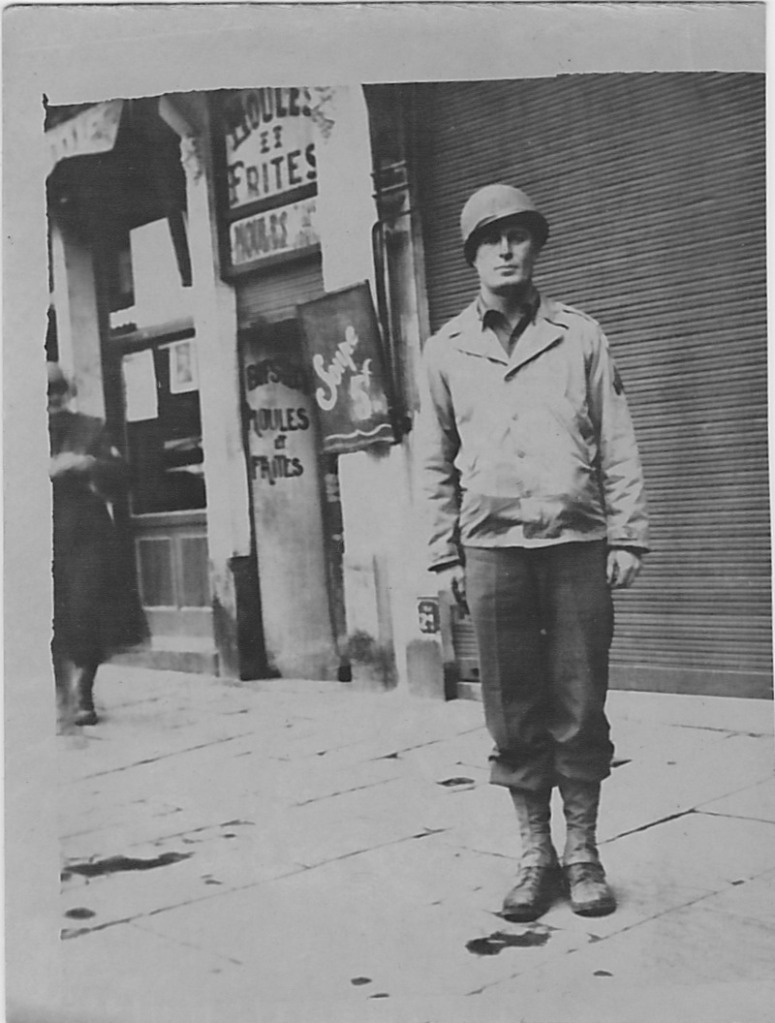I walked by our Thanksgiving Tree standing on the dining table and glanced at each of its leaves. On every leaf was scrawled an item or phrase of something the kids were thankful for. As I looked at the reasons they had to give thanks, I was pleased and grateful that they had found so many things to write down. “My dart board.” “Nerf guns.” “My friends.”
But the more I thought about it, verses such as these came to mind: “I will give thanks to the LORD because of his righteousness and will sing praise to the name of the LORD Most High.” (Psalm 7:17) “Give thanks to the LORD, for he is good; his love endures forever” (Psalm 107:1). Wanting to help my children understand that all the good things in their life flow from one source, I asked them, “What can we be thankful for other than stuff? Because, this time of year, everyone is thankful for their things. As believers, don’t we have something to be thankful for other than our belongings?”
“Our breath” said my youngest.
“Mercy and grace” my oldest contributed.
“God’s discipline” my youngest tossed out.
I talked to them about verses like those in the Psalms and reminded them that we are to give thanks to God, not just because he gives us good things, but because he is good himself. We ought to praise him because he is loving, merciful, and gracious. Even his discipline is an act of his love toward us because we are his children (Hebrews 12). God’s character and all of his attributes are worthy of our worship and praise.
The truth is, it’s easy to give thanks for the material things we have. It’s easy to give thanks for fun experiences, vacations, gifts, and when life goes the way we want. But we can struggle to give thanks when life is mundane and boring. Or when life is hard. Or when we think we deserve better than we’re given.
When it comes to giving thanks, it isn’t about us and whether God is doing what we want Him to do in our life. It’s about Him. He is the creator and sustainer of all things. He deserves praise, honor, and worship simply because He is holy, righteous, and good.
And when we don’t give thanks, when we hold it back because life is hard, we are in a sense robbing God of the thanks and praise that he is due. Because whether he blesses us in abundance or takes us through a dark valley of suffering, he always deserves praise and thanksgiving simply because he is God and he is good. This is why the four living creatures in John’s vision of heaven never stop saying, “Holy, holy, holy is the Lord God Almighty, who was, and is, and is to come.” (Revelation 4:8)
In fact, giving thanks is what we were made for. The Westminster Confession says that “the chief end of man is to glorify God and enjoy Him forever.” Praise, honor, worship, thanksgiving, and gratitude is what our heart was made to do. Giving thanks to God and having a grateful heart isn’t some trendy thing to follow. It’s not just a fun Facebook activity we don’t want to miss out on. It’s not a feel good exercise to greater self-fulfillment. And it’s not something we only do during the month of November. Living a life of gratitude is simply living out what we were created to do.
The beautiful thing about doing what we were made for is that it brings us great joy. It completes us, fulfills us, and satisfies us. Knowing God and responding to his wonder and beauty with thanksgiving and praise is the very thing and only thing that fills all the empty places of the heart.
This Thanksgiving season, as we consider all the reasons we have to be thankful, may we not mistake the gift for the Giver. May we remember that all the good things God gives us are an overflow from his goodness. And may we return thanks to him, not just on Thanksgiving, but every day of our lives.
“I will praise you, O Lord, with all my heart; I will tell of all your wonders. I will be glad and rejoice in you; I will sing praise to your name, O Most High.” Psalm 9:1-2





































